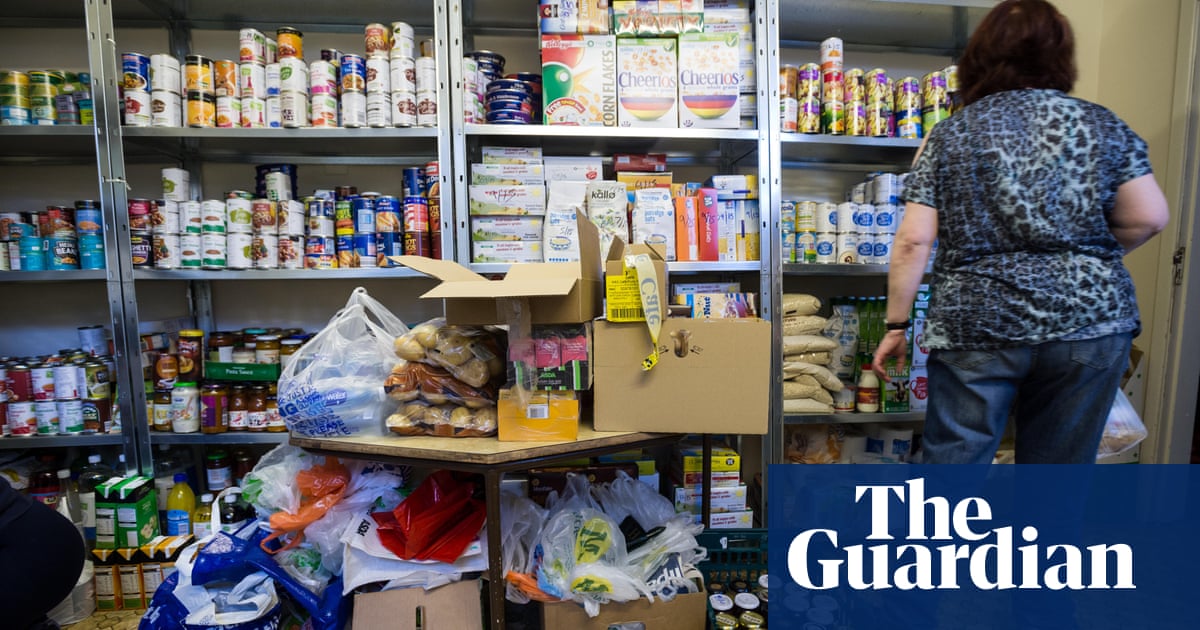
Labour backbenchers are warning that millions of vulnerable people will face a “cruel winter” amid rising energy prices and a reduction in benefits, including the removal of winter fuel payments for millions of pensioners.
Keir Starmer’s government has promised to improve conditions for those most in need, with a commitment to “reduce and alleviate” child poverty and end the “moral scar” of food banks. And while Labour sees economic growth and creating more reliable and well-paid jobs as crucial to achieving these aims, it cannot ignore a number of pressing and often interrelated problems in the social security and benefits system.
Here, we look at the some of the benefits available to vulnerable people and examine those most in need of a drastic overhaul.
Universal credit
The value of the main benefit for 6m low-income households has lagged behind the soaring cost of food and energy, leaving millions of families struggling to afford essential items. Many claims are also subject to benefit deductions. The five-week wait endured by claimants for a first payment is seen as a design flaw that drives destitution and food bank use. Labour has promised to review universal credit.
The two-child limit on benefits
Conceived by the Tory former chancellor George Osborne, and labelled Britain’s worst ever social security policy, this emblem of austerity-era viciousness affects 1.6 million children, turbo-charging poverty in larger families. Hated by Labour MPs and even some Tories, it would cost £1.7bn to scrap. The Treasury seems determined to keep it to prove its commitment to fiscal discipline.
The bedroom tax and benefits cap
The notorious two-child limit has tended to overshadow the continued existence of this pair of punitive Tory welfare policies. Seen as significant drivers of hardship and destitution, they affect hundreds of thousands of low-income households. The cost of abolition would be about £700m. Experts say a government seriously committed to reducing poverty would scrap them.
Carer’s allowance
The carer’s allowance was largely ignored until a Guardian investigation exposed how hundreds of thousands of unpaid carers were being ruthlessly penalised for unwittingly falling foul of complex earnings rules, causing public outrage and prompting comparisons with the Post Office scandal. It is an outdated, badly designed and poorly administered benefit claimed by 1 million carers, many of whom are in poverty. Labour has said it will review it.
Household support fund
The government will not be able to wait until the unveiling of its child poverty strategy next year before deciding whether to keep the £1bn household support fund, which runs out on 30 September. This ad hoc crisis fund is used by councils to support families in or at risk of destitution and to provide food vouchers during school holidays. Failure to extend it will lead to widespread holiday hunger among poorer schoolchildren, charities say.
Personal independence payment
The last government proposed cutting the UK’s soaring disability benefits bill by restricting claims for the personal independence payment (Pip), a non-means-tested benefit that helps with the extra living costs caused by long-term disability or ill health. Charities said doing so would cause poverty and hardship. But with the Pip bill projected to reach £35bn a year by 2030, Labour cannot duck the issue.
Unclaimed benefits
The Treasury may not be overly keen to persuade people to take up an estimated £23bn a year in unclaimed benefits – though it is anxious to encourage poorer pensioners to claim pension credit to mitigate the impact of its cuts to winter fuel allowance. Campaigners say ensuring more low-income households get the full financial help they are entitled to would go a long way towards tackling poverty.
Source: theguardian.com

















